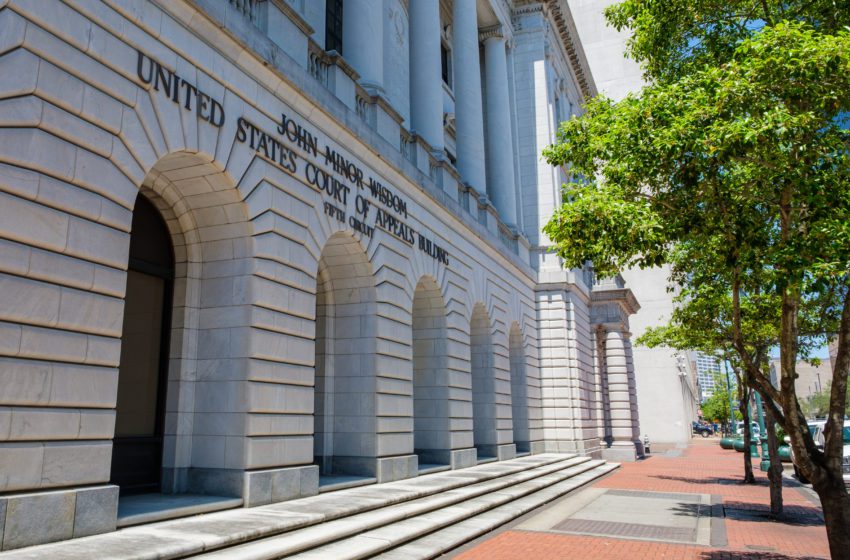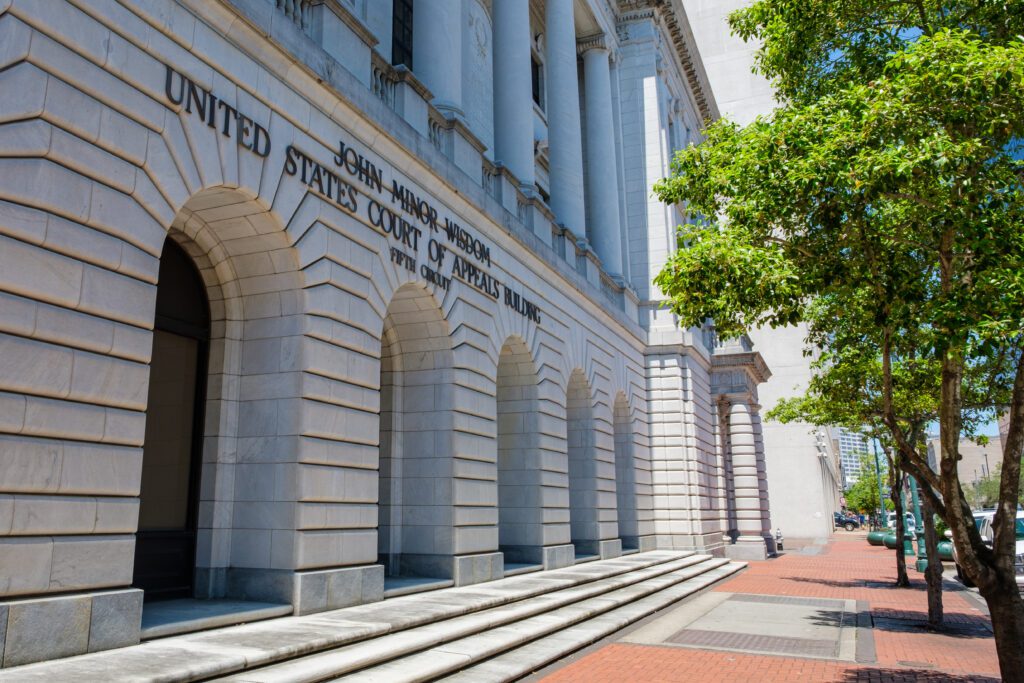
Two e-liquid companies will be able to resubmit their marketing applications to the U.S. Food and Drug Administration following a court ruling, reports Bloomberg Law.
On Jan. 3, the U.S. Court of Appeals for the Fifth Circuit ruled that the FDA acted “arbitrarily and capriciously” in rejecting the premarket tobacco product applications (PMTA) of Wages and White Lion Investments, doing business as Triton Distribution, and Vapetasia for approval to sell their products in the United States.
The 9-5 decision by the New Orleans-based 5th U.S. Circuit reversed a July 2022 decision by a three-judge panel of that court.
The agency “sent manufacturers of flavored e-cigarette products on a wild goose chase,” telling them what would be needed to approve their products, and then denying all applications, the court said in an opinion by Judge Andrew S. Oldham. The FDA “never gave petitioners fair notice that they needed to conduct long-term studies on their specific flavored products,” Oldham wrote.
In a dissenting opinion, Judge Catharina Haynes stated that the agency “properly fulfilled its statutory mandate by considering the relevant portions of Petitioners’ PMTAs and coming to a reasonable conclusion that marketing Petitioners’ products is not appropriate for public health.”
Oldham stated that the manufacturers dutifully spent untold millions “conforming their behavior and their applications to FDA’s say-so.”
“Then, months after receiving hundreds of thousands of applications predicated on its instructions, FDA turned around, pretended it never gave anyone any instructions about anything, imposed new testing requirements without any notice, and denied all one million flavored e-cigarette applications for failing to predict the agency’s volte face. Worse, after telling manufacturers that their marketing plans were ‘critical’ to their applications, FDA candidly admitted that it did not read a single word of the one million plans.”
In an X post, Michael Siegel, a professor at Boston University School of Public Health, stated that the ruling “exposed” the FDA’s wrongful rejection of applications for flavored vapes, ultimately resulting in a “win for public health.”
Eric Heyer, a lawyer for e-liquid makers Triton Distribution and Vapetasia LLC, said he was pleased with the ruling and hoped it would lead the FDA to make “a significant course correction by communicating with specificity” what companies must do to get approval.
“No principle is more important when considering how the unelected administrators of the Fourth Branch of Government treat the American people,” Oldham wrote, apparently likening executive branch agencies such as the FDA to a separate branch of government. “And FDA’s regulatory switcheroos in this case bear no resemblance to square corners.”
It is expected that the FDA will seek a review of the decision by the Supreme Court of the United States, however, the justice department hasn’t made an official announcement.



